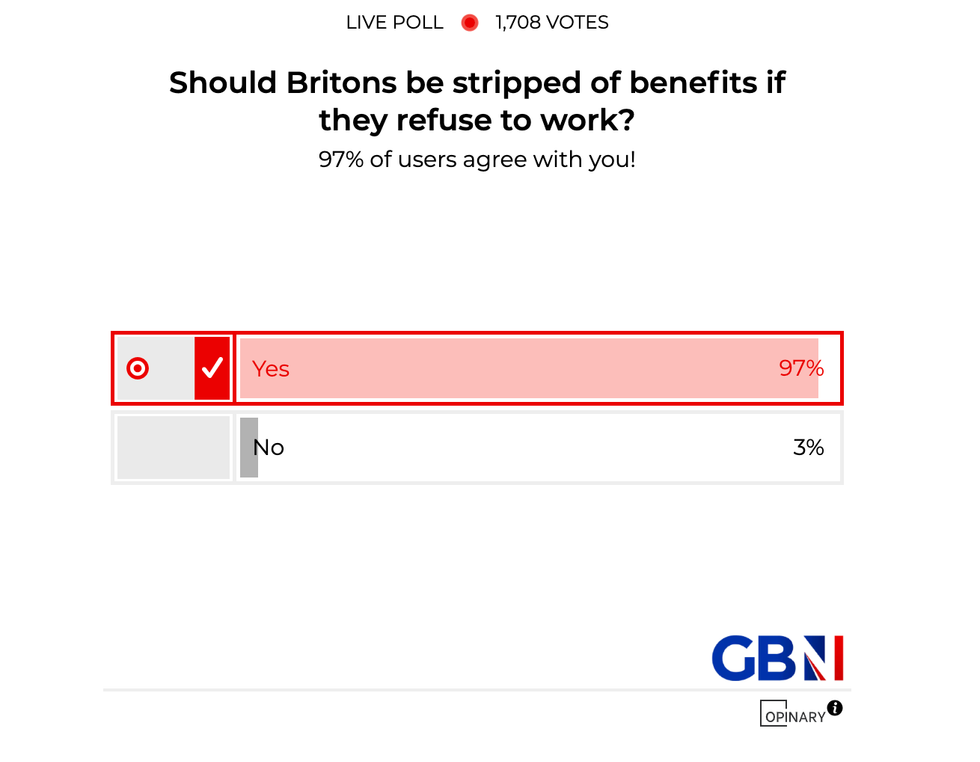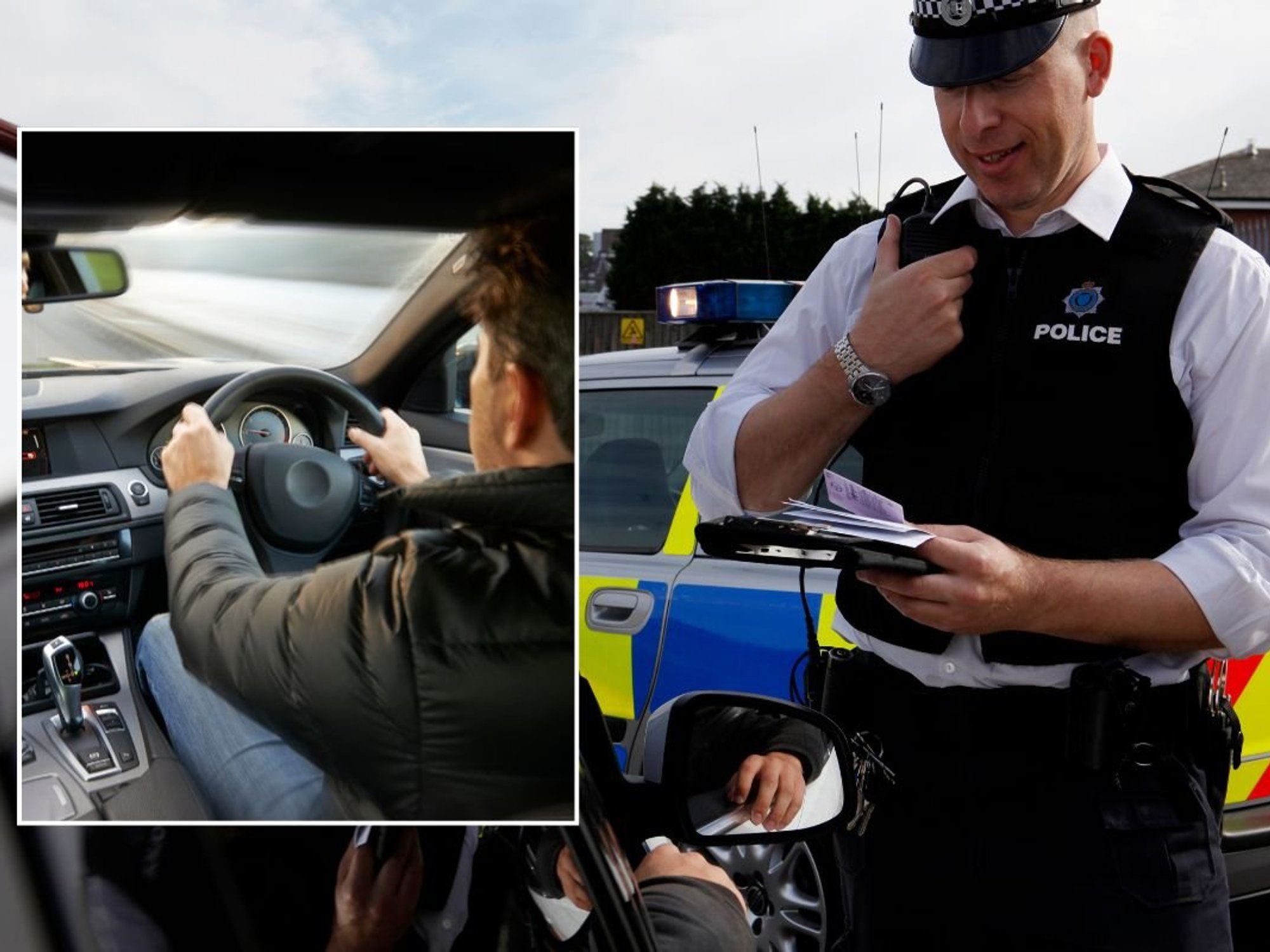POLL OF THE DAY: Should Britons be stripped of benefits if they refuse to work? YOUR VERDICT

A new Government system is set to have a greater focus on helping people back into work rather than monitoring benefit claims
Don't Miss
Most Read
Areas with the highest rates of unemployment will receive additional NHS resources as part of the Government’s effort to "get Britain working again."
Work and Pensions Secretary Liz Kendall is set to unveil these measures on Tuesday, introducing a series of comprehensive reforms aimed at reducing economic inactivity and fulfilling the Government’s pledge to bring over two million people back into the workforce.
Kendall stated: "To drive Britain’s growth, we must first get Britain back to work. Our reforms are designed to remove barriers to opportunity, support individuals in securing and thriving in employment, empower local leaders to create jobs and stimulate growth, and provide our children and young people with the best chances for success.”
She added: “The Get Britain Working White Paper underscores this Government’s unwavering commitment to the value of work. We are determined to ensure that everyone—regardless of their circumstances, age, ethnicity, health status, or location—can experience the dignity and purpose that comes with meaningful employment.”

POLL OF THE DAY: Should Britons be stripped of benefits if they refuse to work? YOUR VERDICT
|GB News
Backed by £55 million, the new system is expected to have a greater focus on helping people back into work rather than monitoring benefit claims.
Kendall also made clear that the Government expected those who were able to work to take up opportunities.
Referring to the policies of the last Labour government, Work and Pensions Secretary told broadcasters: “We said there was no option of a life on benefits, and that principle remains the same today.”
The plans were welcomed by the Chartered Institute for Personal Development, whose CEO Peter Cheese said they were “a step in the right direction” but called for “more ambition” to “make apprenticeships a viable alternative to university”.
Disability charity Scope also welcomed the announcement as “a positive vision for supporting disabled people into work”, but warned a “lack of trust” in the Department for Work and Pensions could “seriously undermine” the plan.
Catherine Parsons, who oversees the Big Issue’s specialist employability service Big Issue Recruit, said that “scare tactics” will only exacerbate Britain’s work crisis.
The GB News poll found the majority of the 1,708 members who voted in the survey think Britons should be stripped of benefits if they refuse to work.
A huge 97 per cent agreed that Britons should be stripped of benefits if they refuse to work while just 3 per cent said they should not.
Do you think Britons be stripped of benefits if they refuse to work? Have your say in the comments section below.










